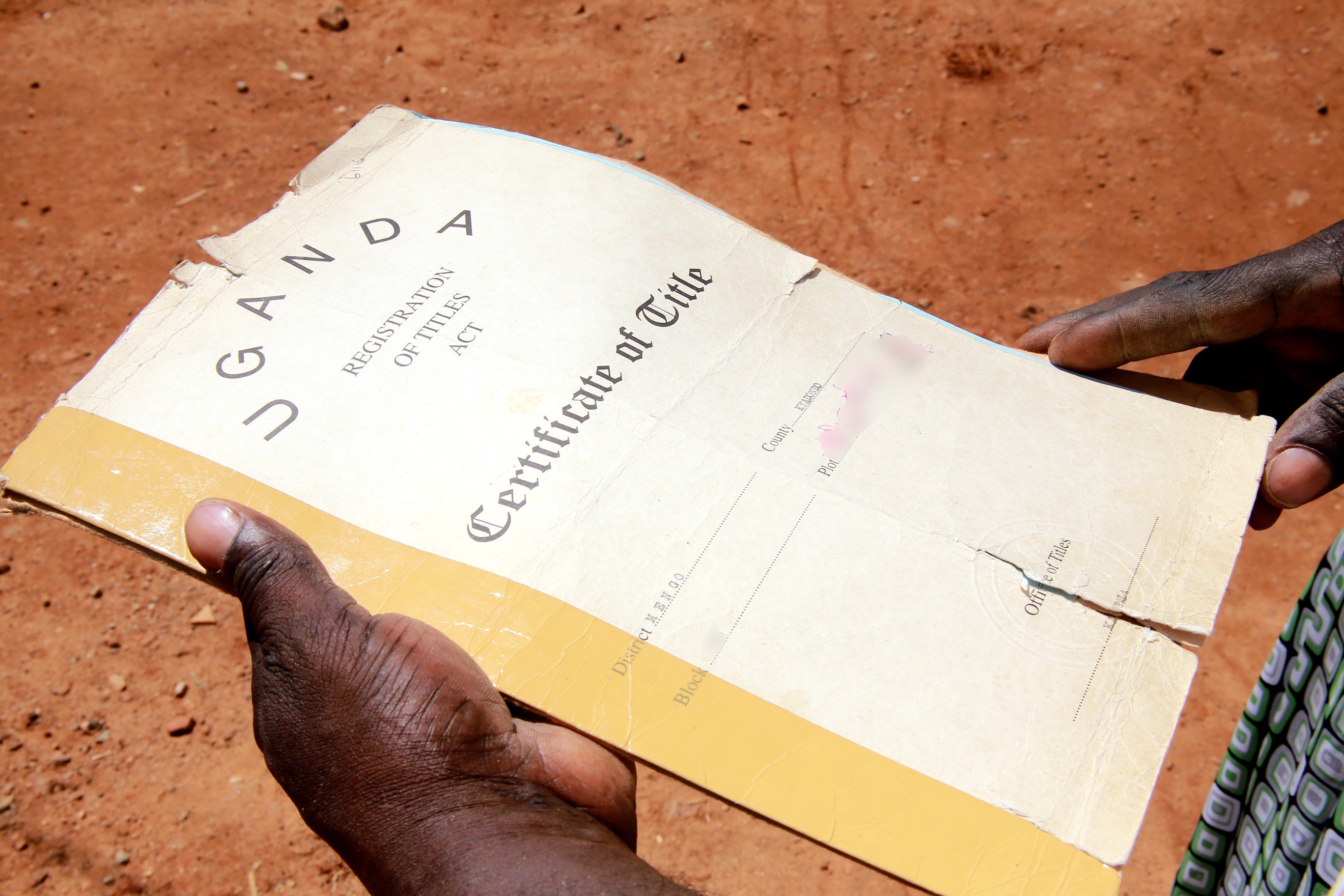The question of elusive Arab unity

On Wednesday evening, December 6, US president Donald Trump, as had been anticipated, announced that his administration would from then onward, officially recognise Jerusalem as the capital city of the State of Israel.
Until then, official Washington recognition of Israel had been one of those no-go taboo areas of US foreign policy.
The ramifications of recognising Jerusalem as Israel’s capital were deemed too serious for any US administration to risk.
And yet Trump, the most unconventional American president yet, boldly declared his recognition and relished the fact that he had shown guts that none of his predecessors had.
The shockwaves were felt around the world and many a news pundit predicted an eruption of violence across the Middle East and the rest of the Muslim world.
In the event, there were demonstrations on Friday in the Palestinian territories of Gaza, the West Bank and Ramallah after midday prayers.
But given the fear that was foretold, the Friday demonstrations were relatively minor. One Palestinian was killed and dozens of others injured in clashes with Israeli security forces.
They were the kind of clashes that have erupted following incidents in which Israeli police shot a Palestinian youth or barred Palestinians from gaining access to a religious site.
The relatively low-key protests over Trump’s announcement reveal a serious lack of unity in the Arab world at the moment.
In theory, Palestine should be the one issue that unites all of the Arab and Muslim world.
In reality, the Arab world has never quite been able to achieve a unanimous voice in the Israeli-Palestinian dispute and that is what usually helps Israel prevail time after time.
In fact, on Friday, several Palestinian demonstrators told Western news organisations such as the BBC and France 24 television that they were demonstrating as much against America’s recognition of Jerusalem as against the failure by Palestinian and Arab leadership.
There are several burning issues in the Middle East at the moment that complicate any chances of Arab unity any time soon.
Several months ago, Arab countries such as Saudi Arabia, Egypt, Jordan and others announced an economic boycott and sanctions against the Gulf state of Qatar over its dealings with Iran.
There have been tensions over the last month between Saudi Arabia and Lebanon over the alleged holding at ransom of Lebanese prime minister Saad Hariri by Saudi Arabia.
Israel’s News 10 television news channel, on December 8, reported that Saudi Arabia and Egypt had given president Trump the green light to recognise Jerusalem as Israel’s capital days before his White House address.
If true, this might explain why Israeli TV news channels on Wednesday were confidently predicting that by next week, the furor over the Jerusalem announcement would have faded away.
Within the first day or so after Trump’s announcement, only Jordan’s King Abdullah and Turkey’s president Tayyip Erdogan had come out in public to officially back the Palestinian President Mahmoud Abbas.
Why is the Arab world, that speaks one language – Arabic, and mostly follows one religion - Islam, so unable to achieve unity and one voice?
It is a similar question to puzzles like Somalia: Why has a country of one largely homogeneous people, following one religion - Islam, been torn apart by civil war since 1991?
It suggests that there might be more to what it takes to achieve a united voice than similar culture, religion and shared history.
www.twitter.com/timkalyegira
Facebook: Kampala Express




